Robert Nicholas is a pioneer. He is always one step ahead of the world. He was one of the first on the computer scene and designed early games back when the industry was young. He has led an interesting life working for the Peace Corps in the Philippines. I was drawn to him when we met. He didn’t know me and I didn’t know him– but yet I was drawn. He asked questions, pushed for more information, gathered the facts and made a decision. He wanted an interview and I was more than happy to sit and ask the questions. People say interviewing can be terribly boring, but when you interview guys like Robert, how can you be bored? We discuss the baby-boomer period, the early IT movement, the Peace Corps, books, ideas, literature… How can you be bored when you are talking to a man who has helped to make history? I present Robert Nicholas to you in literary format!
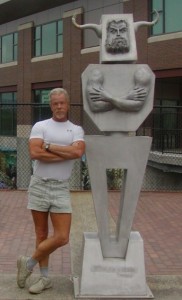
Q) Great to meet you! So tell me, who is Robert Nicholas? Who is the real man behind the keyboard?
A) I’m a 66-year-old retired professional computer geek (laughs). In 1968, I received my BS in mathematics from the University of Massachusetts in Amherst. I joined the Peace Corps and spent two years teaching on a remote island in the Philippines. Upon returning home, I taught junior/senior high school math at a social services agency in eastern New York.
At the end of 1977, I saw an article in Popular Science that Radio Shack (Tandy Corporation) was selling the TRS-80 hobbyist computer for $600, so I drove right down and ordered one. The manager of the store had no idea what I was talking about. That launched my career as a computer guy. I wrote articles for computer magazines and even published a few minor games for sale. Man, were they primitive compared to today’s offerings! This brought me to the attention of the head of the business office of the agency I worked for, and he hired me as their computer administrator and programmer.
I retired in 2001 at age fifty-five and toured the US in my motorhome. What an experience. I currently spend my winters in Florida and summers in upstate NY with my thirty-five-year-old talking African Gray parrot, Little Pete.
You will not need a dictionary or an encyclopedia to understand my poetry. I compose my verse so that it flows easily and the reader’s mind flows along with me. I don’t want you to struggle. I want you to enjoy.
Q) You describe yourself as being born into “the first year of the baby-boomers.” How would you describe those years for people unfamiliar with the economic prosperity of the time?
A) Yes, I was born in April, 1946 – the first year of the Baby Boomers. I grew up in a lower middle class family. Money was tight. People had lower expectations than we do today, yet my parents did well by us. We had summer vacations and they saw to it that I was able to attend college.
Life was far less complicated than it is today. We were naïve, at least by today’s standards. This was the time of the first polio vaccine in schools – of Howdy Doody – hula hoops – drive-in theaters. It was also the Cold War era, and I recall “duck and cover” in school – as if hiding under a little wooden desk with an inkwell would protect us from a nuclear bomb.
No one put razor blades in Halloween candy. Parents didn’t have to stand with their children waiting for the school bus for fear someone might molest them. We spent all our free time playing outdoors. Our parents had to call us repeatedly to get us to come home for dinner or to go to bed. Neighbors kept an eye out for other children playing in their yard. We couldn’t get away with anything. Mom and Dad always heard about any “misbehavior.”
After dinner and dishes, my whole family would gather around in the evening listening to radio shows – mostly comedies and news. We had a beautiful stand-up radio that was the centerpiece of the den. Suddenly one day, a new form of home entertainment appeared to replace it – television. Our first one was a Philco loaded with vacuum tubes that got super-hot and often needed to be replaced. Reception was provided by a rooftop antenna which required constant adjustment. What a revolution! I remember my parents would not let me watch the initial episode of Superman. They wanted to preview it to make sure it was appropriate for me.
Let alone no cell phones, I remember party line phones. You could pick up your phone and hear someone else already using the line and had to wait your turn. At one point we lived in a small town that still had antique black phones you had to hand crank to ring a series of longs and shorts to place a call. I believe our “number” was one long and two shorts.
My grandparents were all born nearly a decade before the Wright brothers made that first historic flight. In fact, my paternal grandmother used to play live piano at silent movie theaters – well before I was born.
Geez, am I ever dating myself.
Q) You began writing poetry in your teens? Why poetry? Was it the easiest way for you to express yourself?
A) I was influenced by an English teacher in junior high school who was very into poetry. Writing poems was a way to express feelings – to work things out. While I also enjoyed writing short stories, poetry was my love.
I kept my poems to myself, other than those I wrote as class assignments. This was my private world – my escape into my inner being – my sanctuary. I wrote about family, friends, school, puberty, love, hatred, war and peace. I wish I had kept all of them. They would make a great book.
When I entered the Peace Corps, I found poetry to be a wonderful tool for expressing what I was experiencing. Some of those poems are my best work.
Q) Would you agree that you are a pretty artistic person? I have read that you enjoy both music and painting. Is writing just another facet of your artistic personality?
A) Somewhat. My grandmother got me started playing piano. She taught me basic music theory, scales, chords and proper fingering. My father also played piano but by ear. In elementary school, we all played Flutofones – a cheap little plastic flute. Try to imagine 25-30 tone deaf little kids attempting to play “The Star-Spangled Banner” in unison. Good grief, we were terrible!
In junior high, I inherited the violin my two older sisters had played. Then I took accordion lessons, and in later years started playing digital keyboard and acoustic guitar. I still do, but never became particularly talented at any musical instrument. I can get by.
In my twenties, I started painting with acrylics and watercolors. I dabbled on and off for years. Now I enjoy “painting” on my iPad using apps that allow me to create in multiple layers to make it easier to manipulate the structure of the work. I’ve been using this format to create the illustrations for my books of children’s poetry.
I see my writing as my newest artistic venture. It is an enjoyable hobby.
Q) You were in the Peace Corps in the Philippines back in the late ’60’s, am I correct? How was that experience for you?
A) I spent 1968-1970 on the very remote island of Romblon in the Philippines teaching modern mathematics. While my view of life widened with exposure to university and the friends I made there, it was in for a major overhaul. My world view expanded explosively and was forever enriched from the time I got off the plane in the Philippines.
Everything I took as a given was challenged. My pre-conceived ideas of community, family and friendship were turned inside out, shaken apart, dismantled and reassembled. I was advantaged and was going to live with those who were less so. I had no realistic understanding of the gap between the life of my youth and the lives of those I was about to encounter. First hand in the “third world” was going to be a shocker.
It doesn’t take long to realize you aren’t in Kansas anymore. It smacks you right in the face, the ears, the nose and the stomach. No amount of training can come close to the reality of being there.
The principal of the high school requested the Peace Corps to send a volunteer trained in mathematics to assist in upgrading their curriculum and train the math faculty. At the time, their courses were basic arithmetic with a slight introduction to Algebra. As a result, many students were failing math when they advanced to colleges and universities; so there was a real need for me to help fulfill.
I was very fortunate that two of the teachers readily accepted the new concepts. They both eventually went on to take courses in summer school and get degrees in mathematics. I gave them the kick start and they made my Peace Corps assignment a success. They both went on to train other math teachers both in the high school and the elementary school.
Q) Your experiences eventually spawned a book called Hey Joe- Poems and Stories from the Peace Corps. How would you describe this book to readers? What drove you to pen your experiences?
A) First off, why did I decide to write my Peace Corps memoirs forty-two years after I left? The book is a collection of material I wrote while I was in-country and over the years since I returned. Some of them I wrote recently based on notes and a wealth of remembrances. Every once in a while, my mind would wander back to my experiences there and I felt compelled to put them to paper.
I like to give my family “unique” gifts for Christmas. Over the years they had received fascinating craft items I purchased and even some of my original watercolors. I had been thinking of pulling all of my writing from that period together but never got around to it. It dawned on me that this would make a terrific unusual gift for everyone. So I spent about two months writing, editing and organizing it and created a three-ring spiral version complete with poems, short stories and photographs. It was a hit! Being a long time Kindle user, I decided to submit it for publication as an e-book.
“Hey Joe” was a term of endearment Filipinos used, and still do, to refer to Americans. I met some wonderful people who warmly accepted me into their community and their homes. I treasure their memories.
“Arrival,” the initial major poem, is an overwhelming, hard hitting, mind numbing description of the first day I arrived on Romblon. I wanted to immerse the reader in the sights, sounds and odors that assaulted me as soon as I stepped off the boat. That is followed up by my second day as I am introduced at the school in front of a crowd of hundreds of people in the bleachers there to greet me.
Of course, I explore the concept of culture shock – both arriving in Romblon and upon returning to the United States. One of my reviewers commented that my poem “Culture Shock” exactly expressed her own feelings when she returned from her Peace Corp stint.
“Hey Joe” is filled with local dialect words (Hiligaynon) to help the reader appreciate the richness of my experience. So come larga (sail) with me on a banca (outrigger canoe) across the Sibuyan Sea to the malayo (remote) isla (island) of Romblon in the Philippines. Take your siya (chair) at the lamisa (table) as my new panimalay (family) and I enjoy our panyaga (lunch) of kanon (cooked rice), isda (fish), utanon (vegetables), fried saging (banana) and tubig (water). Meet my host Nana Lola. Lakat (walk) down the dalan (street) with me as I join my migas (friends) Manny, Louie and Popeye to drink tuba (fermented coconut milk). And learn how I got my nickname, “Puti Iboy.”
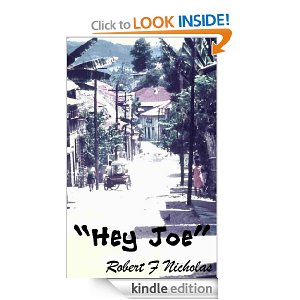
Q) Could you tell me about your writing process? How does it work for you? Late nights? Early mornings? Music? Silence? What gets you into the creative groove you need as a literary creator?
A) I write new material in the morning when all is quiet. Then I play piano or draw on my iPad to clear my head. Then I do some editing in the afternoon. Late at night is when I reflect on what I have written and generate new ideas.
Once I get on a roll, I find it hard to stop. I can go and go and go. Of course, I am retired which makes it easier to devote the time to writing.
It takes about a week to complete a longer poem. First, I draft it in free verse and then flesh it out. Usually, I let it sit for a few days before going back to polish it off.
Q) Let’s talk about sales and promotion. How do you promote your work and how are you finding sales?
A) I use the social service capabilities of the Internet. I started simply with my own blog, Twitter, Facebook and user forums. I use WordPress for my blog. There is a learning curve, but it isn’t that difficult. I am now exploring GoodReads, LinkedIn and Pinterest.
It takes time to build a following, so I remain patient and hopeful. My books have appeared on a variety of on-line book promotions sites.
Hey Joe and Shaker Lane were first published under Amazon’s KDP program which locks you in exclusively for a period of ninety days. In mid-March that ends, and they will both be made available for Nook, Apple, Kobo and Smashwords. Both of these are having new covers designed by an artist. Shaker Lane is completed and was reissued as an e-book and now as a paperback. Once my artist finishes the new cover, Hey, Joe will be reissued as an e-book and published as a paperback.
I also published two books of children’s poetry. Mr. McSnipper is currently available as a paperback and for all the major eReaders: Kindle, Nook, Apple Kobo and also in other formats with Smashwords. AlphaAnimals is on Kindle for now and will soon be available from all other sources as well.
Sales have been disappointing, but to be fair, my earliest book was published less than three months ago. Naturally, when I give them away for free as a promotion, I experienced great success. Plus, Peace Corps memoirs and poetry are not exactly the hottest selling items in the world of eBooks.
I find the most difficult part of selling or giving away promotional copies is to find readers who understand the importance of writing a review on-line – hopefully somewhere between “okay” and “excellent”. Reviews drive sales – and the combination drives your book’s rating which draws it to the attention of other potential buyers.
Without reviews, a book doesn’t even get noticed. There are nearly TWO MILLION eBooks on Amazon! It isn’t that people don’t want to buy your book, they never even see it in the mass of what is out there. So if you read any book you buy on-line, mine or any other author’s, please take the time to review it. It doesn’t take long. Just a few short sentences are fine and you really help out the author.
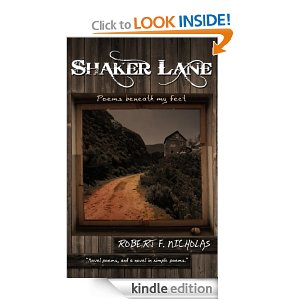
Q) Would you say that the process of becoming a publishing author or poet is worth the effort?
A) It provides satisfaction, and you can make some money at it. Apparently very few Indie authors get rich. I didn’t get into it for the money, but a little more would be nice LOL!
Q) Tell me about your new book “Mr. McSnipper and Other Verses”. Is this one your best to date?
A) I would say that Shaker Lane was my best effort followed by Hey Joe. Mr. McSnipper and AlphaAnimals were fun illustrated books I wrote for children. My niece commented that she had a hard time finding books for her young daughter, so I wrote one … and then two.
Mr. McSnipper started as a drawing on my iPad. I created a hermit who has a somewhat wolf-like appearance. As I worked on the drawing, I began seeing him as a poem. From there the poem changed the drawing and the image improved the poem. The end result was McSnip who has a fat tummy, pale skin, jet black hair, hairy bare feet and wears a shirt that is too tight, pants with patches on patches, a speckled green scarf and a tall tipsy hat. I had fun! Here’s the opening stanza:
In a land far away known as Spoonsipper
Was a small village by river Stoneskipper
There in twelve minutes or possibly quicker
Stood tumbledown shack of Mr. McSnipper
Other poems in the collection include There’s a Troll on My Couch, Silly Sally, Little Pete (my African Gray parrot) and Stanley the Little Blue Ant who teaches about discrimination and the loneliness of being an outcast due to your color.
Of course, being a former teacher, both of my children’s books have an educational slant. Mr. McSnipper teaches children how to read a poem – the meter and rhyme. All of the major silly poems are also turned into limericks and sonnets to show children the various poetic forms they can use to express their ideas. There is a section toward the end where I show how to write a poem from scratch – starting with an idea in free verse all the way though a complete rhyming poem.
AlphaAnimals teaches about various animals. It also has tongue twisters. One section has a tongue twister for every letter of the alphabet and EVERY word in each tongue twister starts with the same letter. Don’t think that wasn’t tough to do. For instance:
Two talking tigers told ten tall tales,
Twenty tall tales two talking tigers told.
Try saying that three times fast.
Q) If you could have written any book from any time period– which would you have chosen?
A) I already did. My childhood and youth in Shaker Lane and my time in the Peace Corps in Hey Joe.
Q) What is next for you? Another book? Another project?
A) My next effort will be to tackle writing short stories with the eventual goal of doing a novel. At this point in time, I am developing story plots in two categories: SciFi and Detective/Mystery. These are both genres I enjoy reading myself, so they are a natural place to begin.
I plan to write another children’s book of verses and short stories similar to AlphaAnimals.
Q) If you were a reader and you were checking out the work of Robert Nicholas– which of your books would you suggest to yourself as your first foray into your work?
A) Tough one. My personal favorite is Shaker Lane. If a reader is not as interested in poetry, then go with Hey Joe. I urge readers not to avoid it simply because it is poetry. As I mentioned earlier, I write my poems to be easy to read. There are no obscure references to Greek gods, muses, nymphs, battles, unknown historical figures, etc. If you can read, you will understand and enjoy my poems.
The poems in this collection are woven into a unified story, an odyssey. It has a magical, inspirational feel to it – a range from joy to sorrow. It is an adult myth – a novel told in verse. It should appeal to adults, young adults and teens. It is not for young children.
Shaker Lane is my childhood friend beneath my feet. Does the lane exist as an “entity”? Does it actually talk to me? Am I only hearing other people speak, and believe it to be the lane? Is it merely my own thoughts? Or is it a child’s overactive imagination? What power does the pebble I find there hold over me? What does the old woman in the green-shingled house know? What mystery awaits me at the end of Shaker Lane?
It was reviewed by Jim Bennett who is a member of the Kindle Book Review Team. I was really thrilled when he gave it a four-star rating. Here is part of his review.
“In the introduction, the stage is set and you will be hooked. The boy, the pebble, and the lane interact. You will not come away from this book unmoved…. a touching volume.”
Q) Thank you for your time, Mr. Nicholas. I hope we can interview again sometime. I found this to be utterly fascinating.
A) That would be nice. Thanks for inviting me.
Make sure to check out Robert’s website here for more information and links to all his literary works!
Links For The Literary Work of Robert Nicholas:
Shaker Lane
Kindle $3.99 http://www.amazon.com/dp/B00AQ4BYWI
Paperback at CreateSpace ($9.99) http://tiny.cc/pdsvsw
Paperback at Amazon ($9.99) http://tiny.cc/pdsvsw
Hey Joe
Kindle $3.99 http://www.amazon.com/dp/B00AI7ES80
AlphaAnimals
Kindle 99cents ($3.99) http://www.amazon.com/dp/B00BB0ANYQ
Mr. McSnipper
Paperback at CreateSpace $14.99 https://www.createspace.com/4163395
Paperback at Amazon $14.99 http://www.amazon.com/dp/1482384779
Kindle $3.99 http://www.amazon.com/dp/B00AZOA858
Nook $3.99 http://www.barnesandnoble.com/w/books/1114122190?ean=9781482384772
Kobo $3.99 http://www.kobobooks.com/ebook/Mr-McSnipper-and-Other-Verses/book-QVrFRDf7O0aaSlYFizepgg/page1.html?s=By1ldgSY3USyQUQtRVA9jA&r=1
Smashwords $3.99 http://www.smashwords.com/books/view/274054
Apple $3.99 (You have to go into iBooks, Store then search for book)

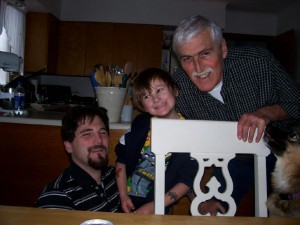
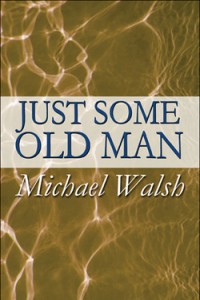
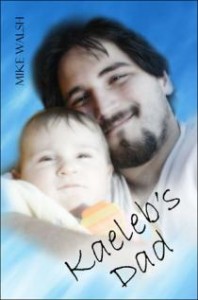
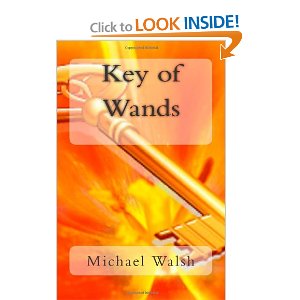
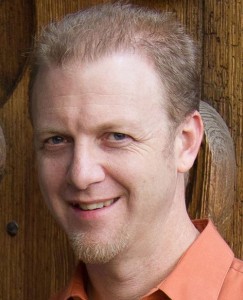
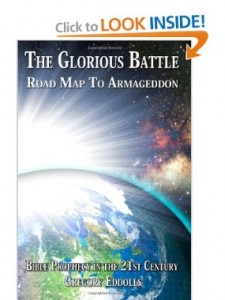
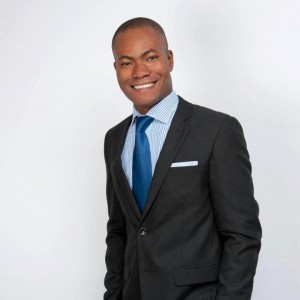
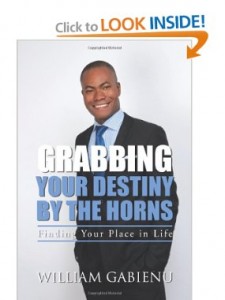
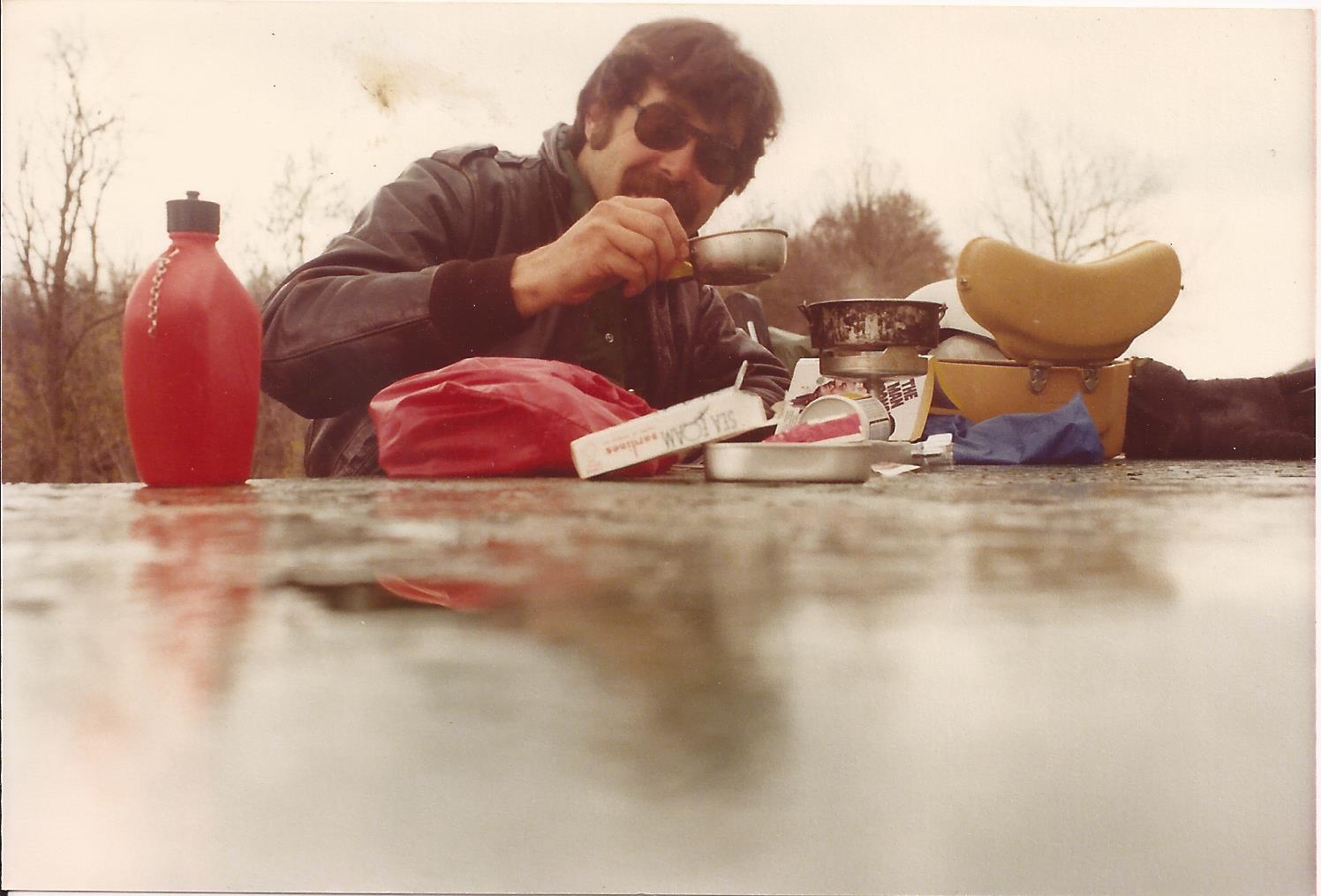
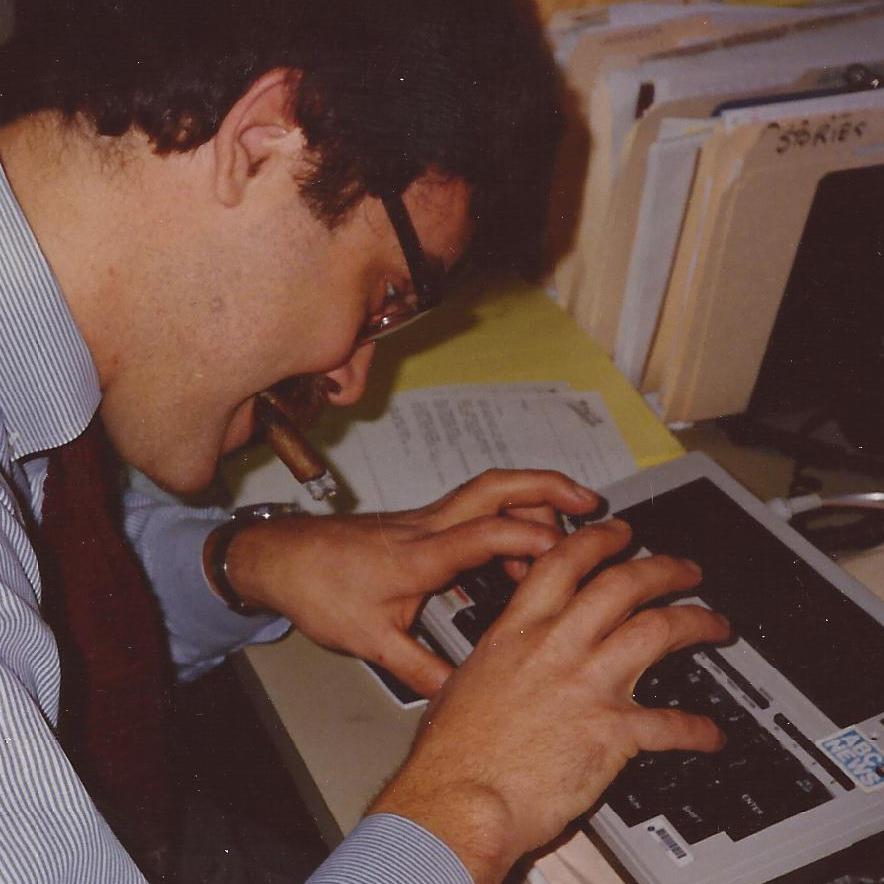



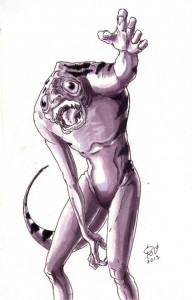
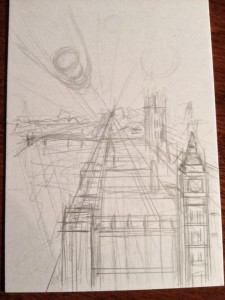
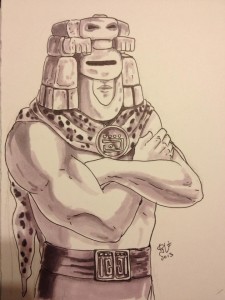
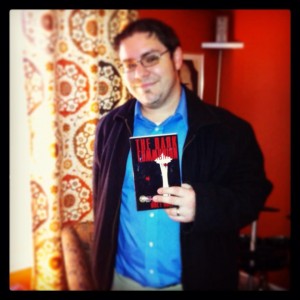
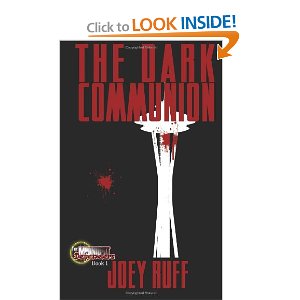
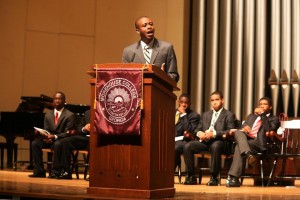
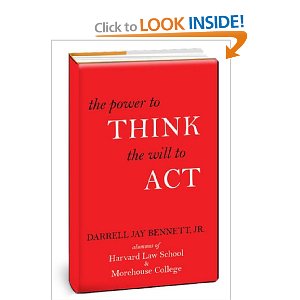
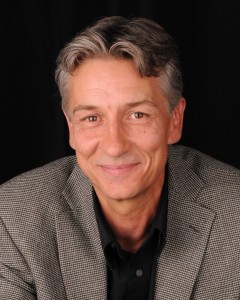
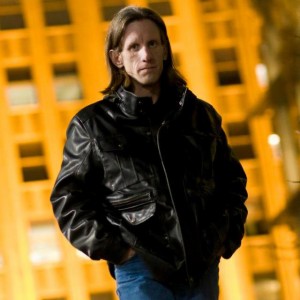
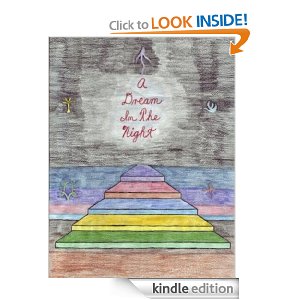
Recent Comments